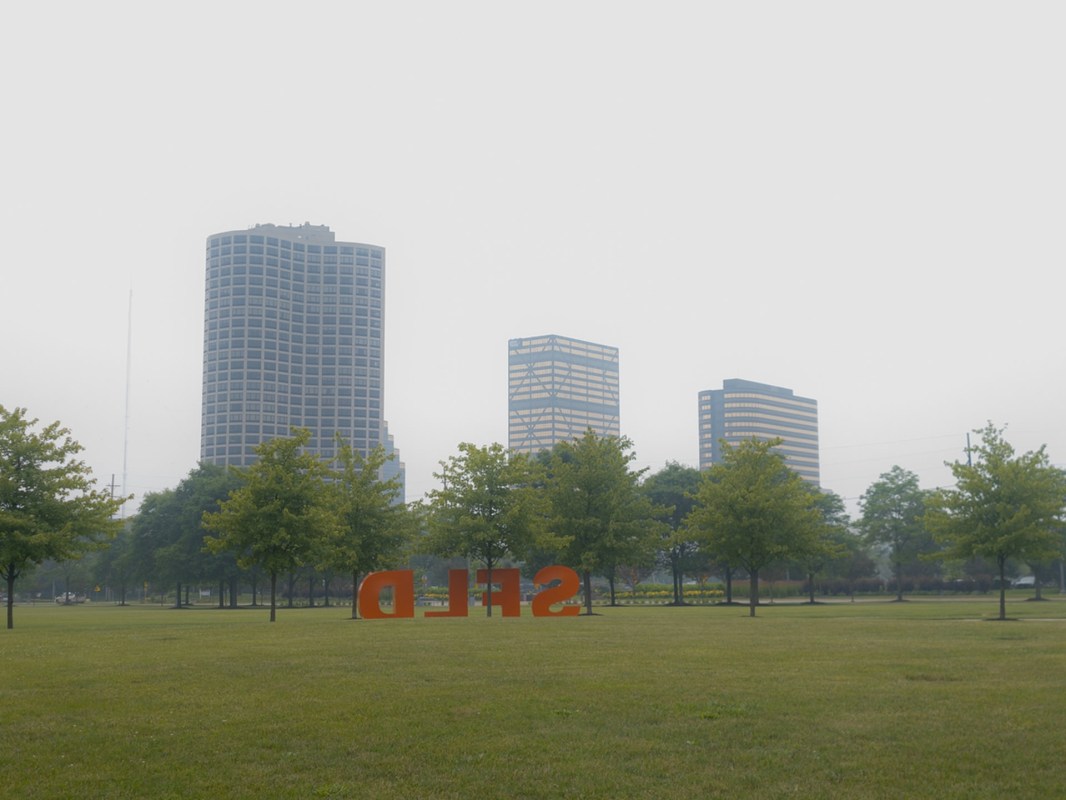A concerned citizen in Detroit is blowing the whistle on a loophole that allows cities and states across the country to attain clean-air status despite clear evidence to the contrary.
What's happening?
Cities and states across the country, along with special interest groups, are taking advantage of the Exceptional Events loophole, which was added to the Clean Air Act in 2005.
It was originally intended to avoid penalizing states for events they can't control, like wildfires, high wind dust, seismic activity, and other things of that sort. But lobbyists from the energy sector quickly latched on to the loophole and encouraged the Environmental Protection Agency to expand the definition of exceptional events.
Rather than taking steps to reduce pollution and meet federal air-quality standards, millions of dollars are spent across the country to figure out how to meet lower standards by invoking the Exceptional Events loophole.
Why the abuse of the Exceptional Events loophole is concerning
What's happening in Detroit is just one example of the negative effects the abuse of the loophole is having on citizens.
Robert Shobe, who suffers from chronic obstructive pulmonary disease (COPD), a long-term lung ailment that can make it difficult to breathe and can be exacerbated by air pollution, doesn't trust what the EPA says about Detroit having clean air.
Shobe lives near the Stellantis Mack Assembly Plant, which produces Jeep Wagoneers. The plant has had eight air pollution violations and fines since it opened a paint shop on the property just over two years ago. Still, in May of 2023, Detroit met federal air quality standards.
Regulators in Detroit were able to do this by invoking the Exceptional Events loophole and striking any days from the record that they claimed may have been affected by wildfires in Canada, which affected cities across the U.S.
While it's true that there were days when smoke from the wildfires in Canada affected parts of the U.S., it was used as a cover-all so clean-air goals were met on paper but not in reality.
One regulator in Michigan referred to the process as a "magic wand."
Shobe, who has his own air monitor on his porch, said, "I'm a throwaway, I'm in a sacrifice zone."
What's being done about the loophole
A lawsuit has been filed to overturn the EPA's ruling on the quality of air in Detroit. If successful, it could force regulators to reimpose controls they had previously drafted.
In California, a proposed bill would allow citizens to go directly after oil companies. According to the bill, anyone who lives within 3,200 feet of an oil well and suffers from certain health conditions could sue the company that owns the well for up to $1 million.
Join our free newsletter for cool news and cool tips that make it easy to help yourself while helping the planet.









